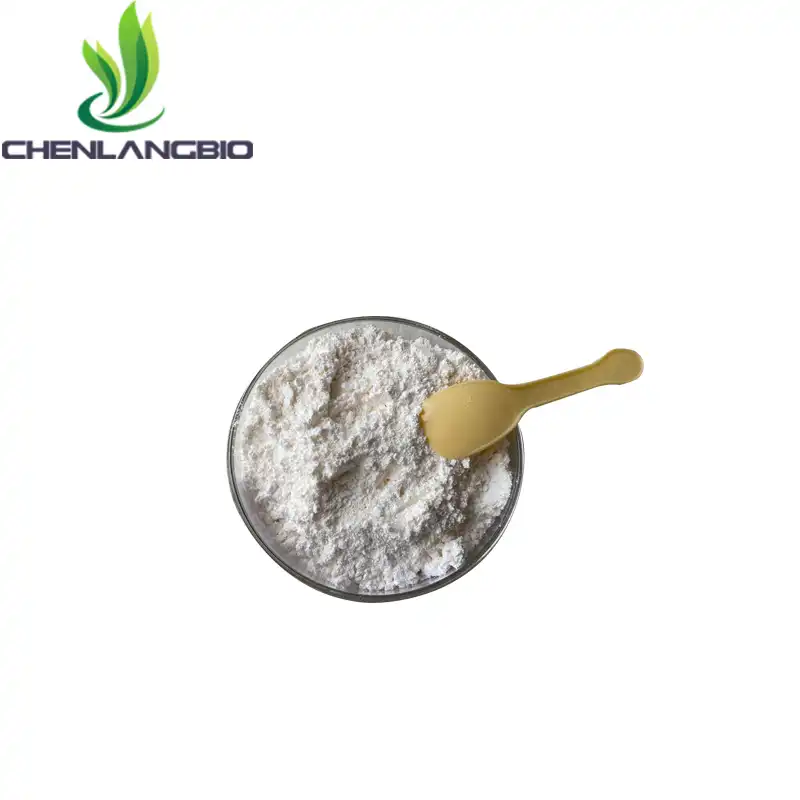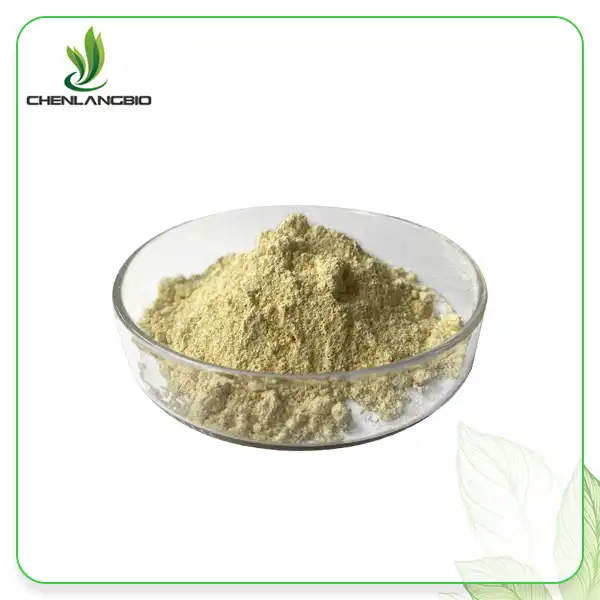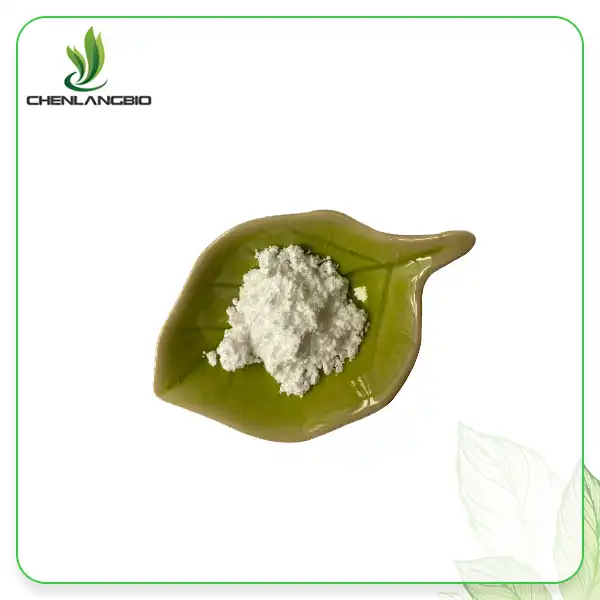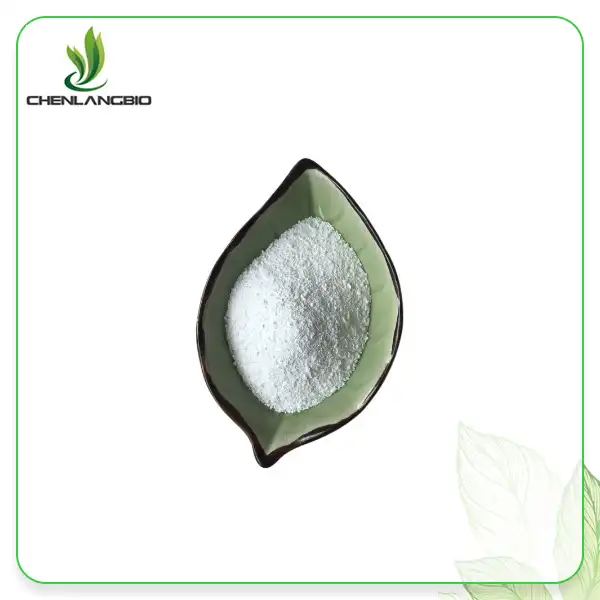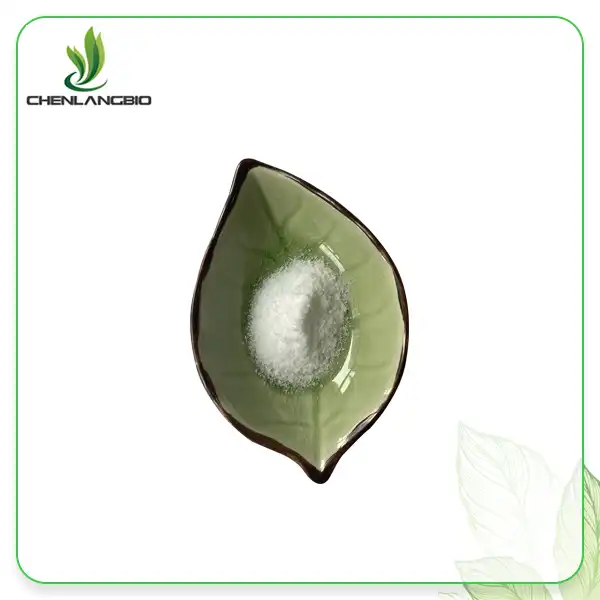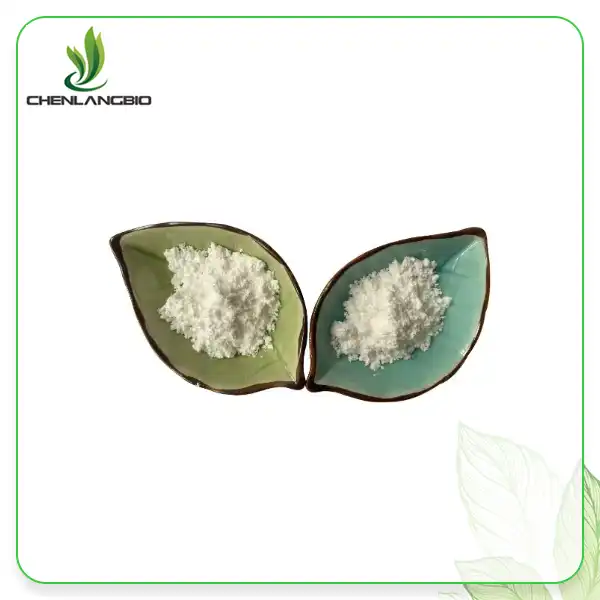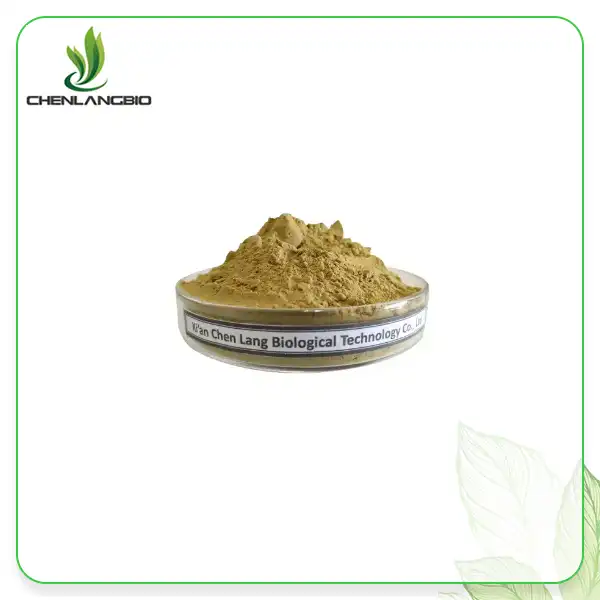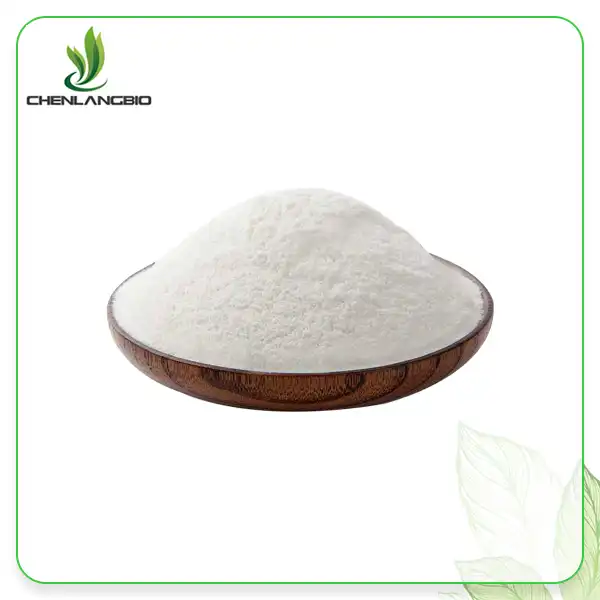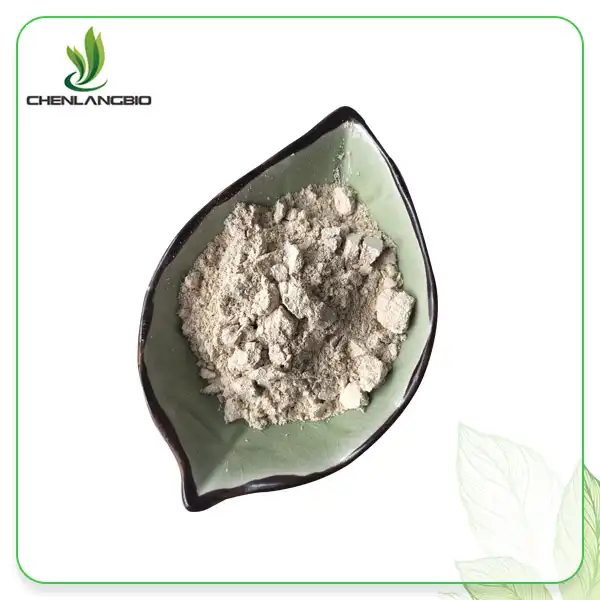Can Praziquantel Be Dissolved in Water
2024-08-19 14:39:55
Praziquantel powder, a well-known antiparasitic medication, is commonly used to treat various parasitic infections in humans and animals, including those caused by schistosomes and liver flukes. It works by causing severe spasms and paralysis in the parasites, leading to their eventual death. One common question among users is whether Praziquantel Powder can be dissolved in water for easier administration. This blog aims to provide a comprehensive answer to this question, exploring the properties of Praziquantel Powder, the best practices for dissolving it, and the potential effects of different solvents on its efficacy.
Can You Dissolve Praziquantel Powder in Water?
The dissolvability of praziquantel powder in water is a typical worry for those managing this medicine, particularly for those treating parasitic contaminations in people and creatures. Praziquantel is not completely or easily dissolved in aqueous solutions because it is only slightly soluble in water. When trying to get a consistent and accurate dosage, this limited solubility can be a problem, especially for people who may have trouble swallowing pills or tablets.
The temperature and pH of the water, among other things, can affect Praziquantel's solubility in water. Praziquantel may be more soluble in warmer water, but this does not guarantee that it will dissolve completely. Furthermore, the pH of the water can influence how well the powder disintegrates; normally, a somewhat acidic climate might further develop dissolvability contrasted with nonpartisan or soluble circumstances.
Praziquantel Powder preparation instructions should be obtained from a pharmacist or healthcare professional because of these variables. They can advise on the best ways to dissolve the powder or suggest other forms of the medication, like liquid suspensions, that may offer a more consistent dosing schedule. Underdosing or overdosing can result from improper powder dissolution, which can either decrease the medication's effectiveness or increase the likelihood of side effects. As a result, professional guidance is absolutely necessary to guarantee effective and safe treatment.
Alternatives to Water for Dissolving Praziquantel Powder
Despite the fact that water is frequently used to dissolve medications, praziquantel powder may not always be the best solvent due to its limited solubility in water. To enhance the medication's bioavailability and dissolution, alternative solvents may be utilized in some instances. Alcohol-based solutions can sometimes disperse praziquantel more effectively, allowing for a dose that is more consistent and manageable. Other drug solvents, for example, Praziquantel, which are made to make hydrophobic medications more dissolvable, may likewise be thought of. By creating a more uniform suspension or solution, these solvents can make it simpler for the body to absorb the medication.
Nonetheless, utilizing elective solvents with caution is fundamental.
Not all solvents are fitting for oral association or feasible with Praziquantel. Some may interact with the medication, affecting its pharmacokinetics or triggering side effects. Therefore, alternative solvents should only be utilized after consulting a pharmacist or other medical professional. By providing expert guidance on safe and efficient preparation methods, Praziquantel's efficacy and safety profile can be maintained. Proper consultation helps to prevent potential risks associated with improper dissolution and administration, ensuring the best therapeutic outcomes for patients.
Best Practices for Administering Praziquantel Powder
Controlling Praziquantel Powder really requires sticking to best practices that guarantee the medicine's adequacy and patient wellbeing. One of the most basic advances is to painstakingly follow the endorsed measurement. Either overdosing or underdosing can have a significant impact on the treatment's success, resulting in side effects or an incomplete parasite elimination. When dissolving praziquantel powder, adhere to the recommendations of healthcare professionals and use the appropriate solvent. Although water is typically used, other solvents may be recommended to improve solubility and absorption. Continuously talk with a medical care supplier prior to picking a dissolvable to keep away from any possible connections or secondary effects.
Another crucial aspect of administering Praziquantel is monitoring for side effects. Nausea, dizziness, or discomfort in the abdomen are all possible side effects. These potential reactions should be made clear to patients, and they should be told to tell their doctor about any severe or persistent symptoms. Praziquantel Powder must also be stored properly to keep its potency and effectiveness intact. The powder should be kept in a cool, dry place, out of reach of children and pets, and away from moisture and direct sunlight. The medication will remain safe and effective for use if it is handled and stored correctly. By sticking to these prescribed procedures, patients and medical care suppliers can augment the remedial advantages of Praziquantel while limiting dangers.
Conclusion
Dissolving praziquantel powder in water is possible but may require specific conditions to ensure proper dissolution and effectiveness. Consulting a healthcare professional for guidance on the correct dissolution method is essential to achieve the desired therapeutic outcome. Whether using water or alternative solvents, it is vital to follow best practices in administering the medication to ensure safety and efficacy.
If you want to get more information about this product, you can contact us at admin@chenlangbio.com.
References
1.WHO Model List of Essential Medicines. World Health Organization, 2019. This document provides comprehensive information on essential medications, including antiparasitics like Praziquantel.
2.Brunette, G. W., Kozarsky, P. E., & Magill, A. J. (2017). CDC Yellow Book 2018: Health Information for International Travel. Oxford University Press. This source offers detailed information on the use of antiparasitic medications, including dosage and administration guidelines.
3.McCarthy, J. S., & Nutman, T. B. (2014). Schistosomiasis and Other Trematode Infections. In Mandell, Douglas, and Bennett's Principles and Practice of Infectious Diseases (8th ed.). Elsevier. This textbook provides an in-depth look at parasitic infections and their treatments, including the pharmacology of Praziquantel.
4.Cioli, D., Pica-Mattoccia, L., Basso, A., & Guidi, A. (2014). Schistosomiasis control: Praziquantel forever?. Molecular and Biochemical Parasitology, 195(1), 23-29. This paper discusses the long-term use of Praziquantel in controlling schistosomiasis and the challenges related to its use.
5.Stothard, J. R., & Rollinson, D. (2018). Flukes and snails: tackling neglected tropical diseases in Africa. Trends in Parasitology, 34(7), 515-517. This article explores the impact of flukes and the role of Praziquantel in managing infections caused by these parasites.
6.Andrews, P., Thomas, H., Pohlke, R., & Seubert, J. (1983). Praziquantel. Medicinal Research Reviews, 3(2), 147-200. This comprehensive review covers the pharmacology, efficacy, and safety profile of Praziquantel, including its solubility and administration methods.
Send Inquiry
Related Industry Knowledge
- How Does Vitamin D3 Powder Support Bone Health and Calcium Absorption?
- Is Acetyl Hexapeptide-8 Safe for Skin?
- Why Doesn't My Bergenia Flower?
- How Effective is Glabridin Powder for Hyperpigmentation
- Is Hydroxyphenyl Propamidobenzoic Acid Safe For Sensitive Skin
- Is It Safe to Take Pure Fisetin Powder Every Day
- What is Broccoli Extract Glucoraphanin Powder Good For
- Why We Love Pure Natural Quercetin
- Beta Ecdysterone Powder Benefits
- Where Can I Buy Natural Cranberry Extract Powder

